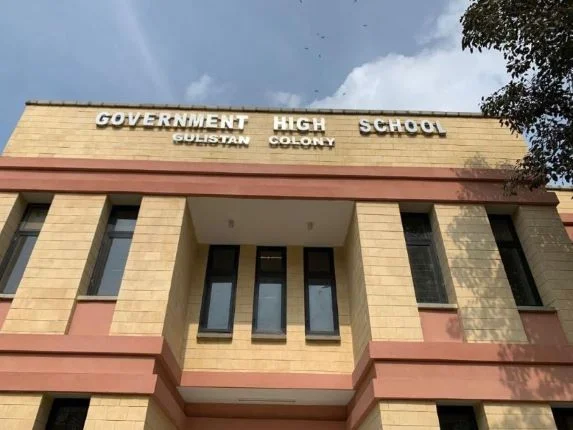Pakistan- The School Education and Literacy Department, Government of Sindh has reached a significant milestone by completing its seventh round of procurements through an innovative Public-Private Partnership (PPP) model, aiming to revolutionize education in the province. This step forward significantly reshapes Sindh’s educational landscape with critical support from the private sector, bringing in four esteemed organizations—Sindh Madrassa Board, Charter for Compassion of Pakistan, Sindh Rural Support Organization, and Research and Development Foundation—to manage and operate forty schools. These schools, which include twenty-five rebuilt with USAID’s support and fifteen grouped schools, will collectively impact over 21,000 students, marking a substantial leap towards improving educational standards.
This initiative seeks to satisfy the growing demand for education and improve educational outcomes by addressing the profound governance and management challenges that public education faces in Sindh. It enables the School Education and Literacy Department (SELD) to form crucial partnerships with reputable private sector Education Management Organizations (EMOs), streamlining public schools’ operations. The primary aim is to inject innovation, modernize the education framework, bridge management gaps, and ensure the maintenance and upgrading of educational infrastructures.
Concurrently, the Sindh Basic Education Program (SBEP), a collaborative venture between USAID and the GoS, focuses on bolstering and maintaining student enrollment in 750 public schools across ten districts. This program, which ran from August 2013 to August 2022, targets districts affected by the 2010 floods, promoting the recovery and advancement of primary, middle, and secondary education levels.
As a significant advancement under the robust PPP framework, the EMO project has led to the construction of 106 new schools across eleven districts by USAID support, demonstrating the project’s commitment to excellence and sustainability in education. Eleven reputable EMOs have been tasked with these schools’ management, following a rigorous selection process.
These efforts promise a transformative impact, brightening the future for thousands of students in the province. With approximately 98,000 students benefitting, 41% of whom are girls, this reform has remarkably enhanced gender parity and academic outcomes. The assessment results have demonstrated remarkable improvements across all areas, with some schools experiencing up to an 81% increase in performance metrics.
To complement these significant achievements, the recent launch of the Centralized Education Management Information & Reporting System (EMIRS) represents a leap towards optimizing data collection and reporting. Tailored to meet the needs of the PPP Node, EMIRS enables comprehensive tracking of enrollment, attendance, and the broader educational ecosystem, ensuring transparency and accountability in the management of PPP schools.
This initiative heralds a new era of public-private collaboration in the pursuit of educational excellence in Sindh. By addressing critical challenges and leveraging the strengths of both sectors, the GoS, in partnership with USAID and private organizations, sets a precedent for sustainable educational reform. The impact of these efforts extends far beyond immediate educational improvements, promising to inspire similar transformations nationwide and globally.





